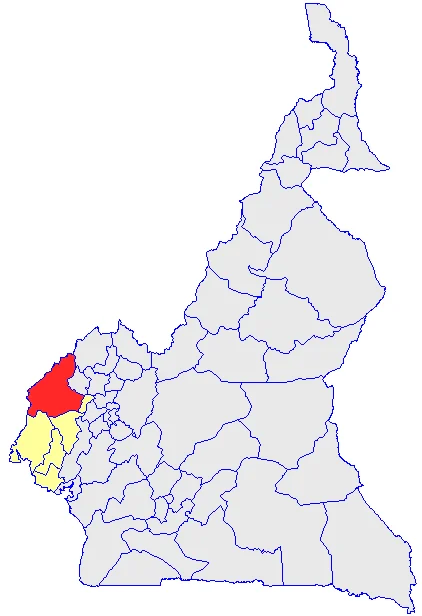Let’s be real for a second. When the headlines rolled in from the WTT China Smash in Beijing, was anyone actually surprised? Wang Chuqin, Wang Manyu crowned as China wins all five titles at WTT China Smash. You could have written that headline a week before the tournament started and had a 99% chance of being right. It’s less a piece of breaking news and more a confirmation that the laws of physics are still in effect. The sun rises, gravity pulls things down, and China dominates table tennis.
We’re served up these narratives about plucky underdogs and international challengers, and for a minute, we almost buy it. Take France’s Felix Lebrun, the 19-year-old penhold prodigy. He had a great run, even stunning the defending champ Lin Shidong. It’s the perfect story, right? The young European upstart, with his unconventional style, marching into the lion’s den to face the world No. 1. The crowd in Beijing must have been electric, the tension palpable as he stepped up to the table. And then what happened? He got absolutely, positively steamrolled. 4-0. The scores were 11-7, 11-2, 11-5, 11-7. That second game, 11-2, ain't a competition; it's a public humiliation.
It was a dominant performance by Wang Chuqin. No, 'dominant' doesn't do it justice—it was an execution. Lebrun had a flicker of hope, a tiny lead at 7-6 in the fourth game, and you could almost feel the narrative engine trying to start. But Wang just slammed the brakes, reeled off four straight points, and that was that. Game over. The same story played out with South Korea’s Shin Yu-bin, who made a "historic run" to the semis only to get dismantled by Wang Manyu. Her record against Chinese players this year is now 1 win and 9 losses. One and nine. At what point do we stop calling it a competition and start calling it a harvest? Are these international players competitors, or are they just supporting characters in China's national epic?
If you want to find the real drama, you have to ignore the international flags and look at the all-Chinese finals. This is where the blood is. The women’s singles final between Wang Manyu and Sun Yingsha was, according to reports like China's Wang captures women's singles title at WTT China Smash, a "mouth-watering spectacle." And why wouldn't it be? It was their ninth consecutive international final against each other. This isn't a global rivalry. It's an internal performance review carried out in public.

After winning, Wang Manyu dropped the most predictable, media-trained quote imaginable: "I was just approaching it with a mindset of learning from and challenging her," and "Today, I was simply a bit luckier." Give me a break. These two have been at the top, clawing at each other for years. It's a high-stakes battle for supremacy, for funding, for national glory, for a legacy. Luck has nothing to do with it. That final 11-2 game to clinch the title wasn't luck; it was a statement. It was a brutal, definitive power play.
This is where the whole thing starts to feel less like a sport and more like a closed market. The hype machine around these players, especially Wang Manyu, is insane. It's almost like a speculative asset. Is her value based on pure skill, or is it propped up by the state-sponsored system that guarantees her a spot in nearly every final? It reminds me of the crypto world. You get these meme coins, like some manyu coin or another shiba inu knockoff, that rocket in value based on nothing but hype and a closed loop of true believers. The asset, whether it's manyu crypto or a table tennis star, becomes untouchable within its own ecosystem. But what’s its actual value on an open market? We’ll never know, because the market ain't open.
And then you have Wang Chuqin, the men's champion, completing his "redemption arc." Last year, he bombed out in the round of 32. This year, he gets the "triple crown." He told the press he feels more "positive and healthier" and has become more "grounded and solid." Translation: "The system identified my flaw, re-calibrated my programming, and redeployed me. I am now operating at peak efficiency." It’s admirable, offcourse, but it’s also terrifyingly mechanical. This wasn't a hero's journey. It was a system debug. And now that he's fixed, he's back to doing what he was built to do: winning everything, and we're supposed to just nod along...
Look, I'm not trying to take away from the incredible skill of these athletes. They are, without a doubt, the best in the world. But when an entire international tournament ends with one country’s flag on every single podium, you have to ask what the point of it all is. Is it a showcase of global talent, or is it just a very expensive, very elaborate training camp for the Chinese national team? The complete and total dominance isn't just a story of success; it's a story of a sport's competitive imbalance reaching a critical, and frankly, boring, state. Maybe I'm the crazy one here, but I thought the whole point of sports was the uncertainty. And in table tennis, the only uncertainty left is which Chinese player will be holding the trophy.